How to Fight Decision Fatigue
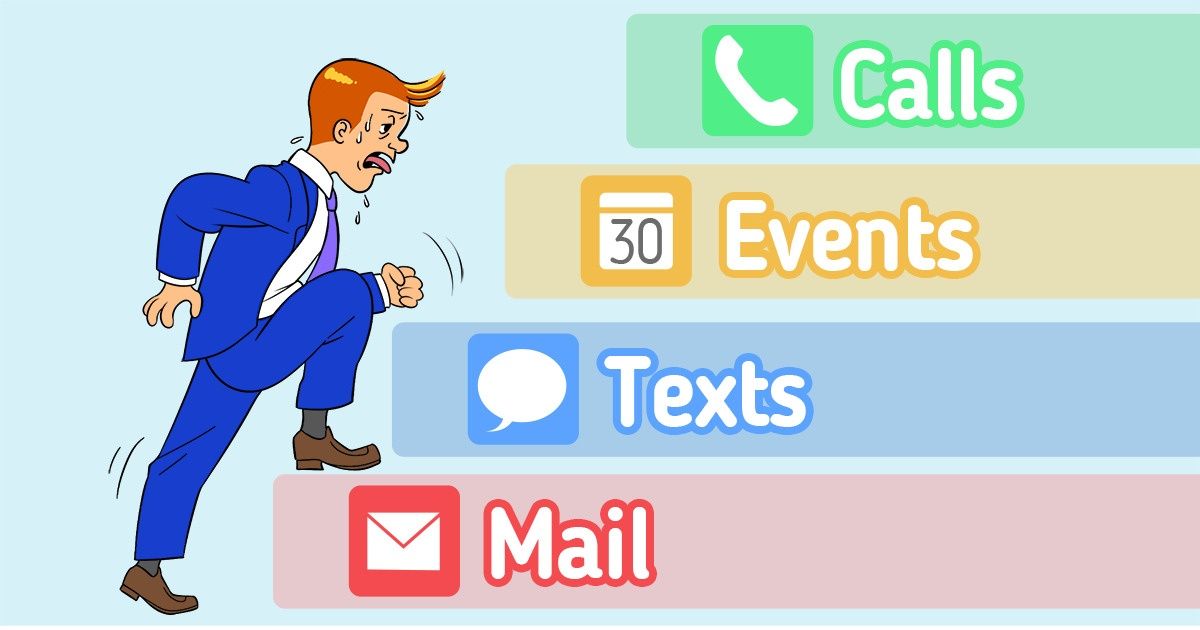
If, after having to make a lot of difficult decisions, you suddenly feel drained and any small thing seems like you’ve got too much on your plate, you might be suffering from decision fatigue. 5-Minute Crafts dug deeper into this concept and found some easy ways to avoid suffering from it.
What’s decision fatigue?
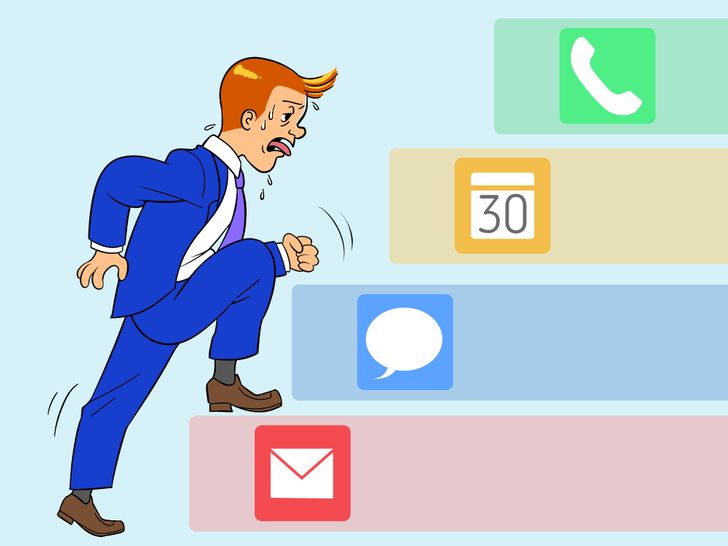
Decision fatigue is a psychological phenomenon that affects a person’s ability to make decisions. It is sometimes known as ego depletion as well. The idea is that the more decisions you make, the more your brain will be fatigued. This fatigue concerns all decisions, not just important or difficult ones. The idea behind this concept is to think of your decision making ability as a finite source, much like money or your phone’s battery: every decision reduces the charge of the battery.
⚠️ Note: Not all professionals agree with the notion of decision fatigue. According to some studies, there isn’t enough evidence to prove it’s a thing, however researchers have observed it happen. Some people believe that the more a person feels or thinks it affects them, the more it actually does.
Tips to combat decision fatigue:
1. Make important decisions first.
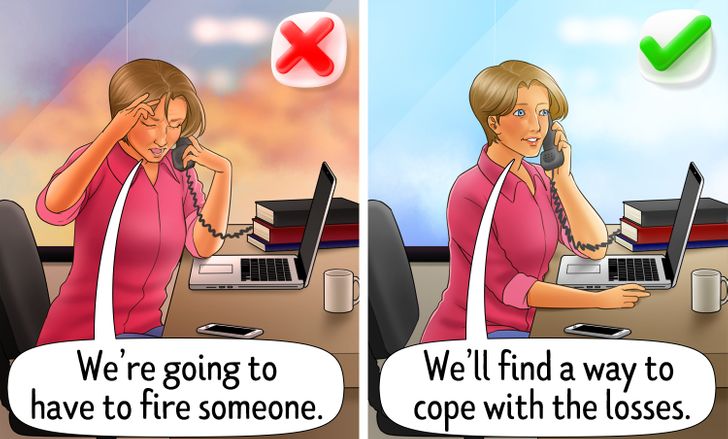
Make the most important decisions as early as possible to prevent having to deal with fatigue when facing tough choices. Scientists have found that the best time of day to make cautious and meticulous decisions is the morning.
2. Make less decisions.
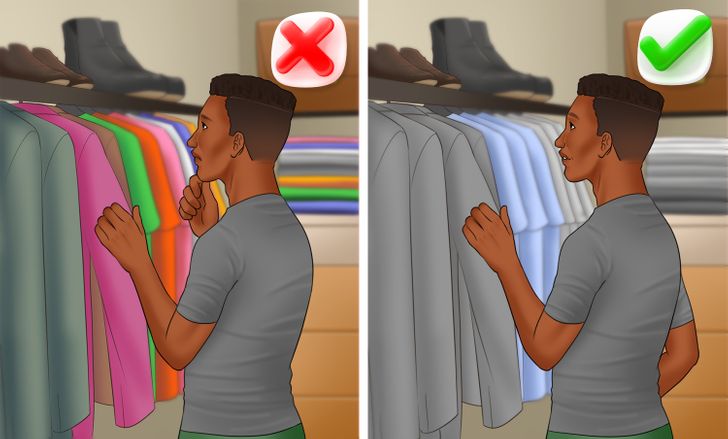
Think of your ability to make decisions as a finite resource. The best way to avoid reaching a stage of fatigue is simply to reduce the number of decisions you have to make. You can try any of the following tips:
- Simplify routine choices: Think of your wardrobe, for example. If instead of spending some time choosing what to wear you just go for a similar outfit every day, you could feel less stressed from the very beginning of your day.
- Use to-do lists to avoid random decision-making: Lists can prevent you from making decisions you don’t need at that moment. For example, shopping lists help us avoid walking up and down grocery aisles trying to decide what to buy.
- Automate simple decisions: You can sign up for automatic bill payments for the regular bills, use a GPS to help you navigate while you commute, etc.
- Remove distractions: Engaging with distractions can actually be a form of decision fatigue. Choosing to look at a cell phone, browse social media, or glance at the television could drain your willpower for other tasks later in the day, so limit these distractions as much as possible.
- Plan ahead: This could help you eliminate other forms of decision fatigue. A simple example would be to make a meal plan and prepare meals for the week in advance to not to feel too much pressure in the moment.
3. Establish a process to make decisions.
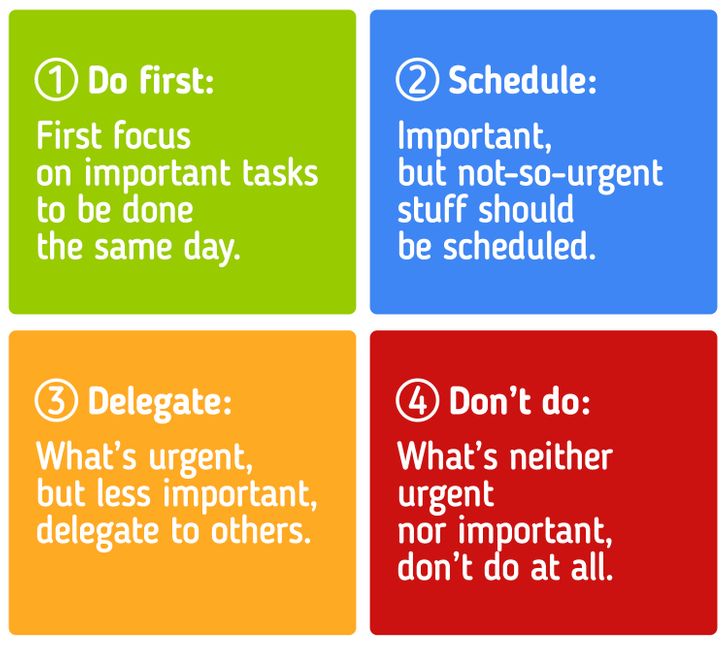
Using tools such as a matrix could help you make the best decisions in tough situations. A decision matrix, for example, helps you to analyze your choices by listing the options and the factors you need to consider. You can then use scores to rank factors you are weighting by importance.
Another useful tool to prioritize tasks by urgency and importance is the Eisenhower matrix. These are basically 4 quadrants with different work strategies that you can see in the image above.
4. Delegate decisions.
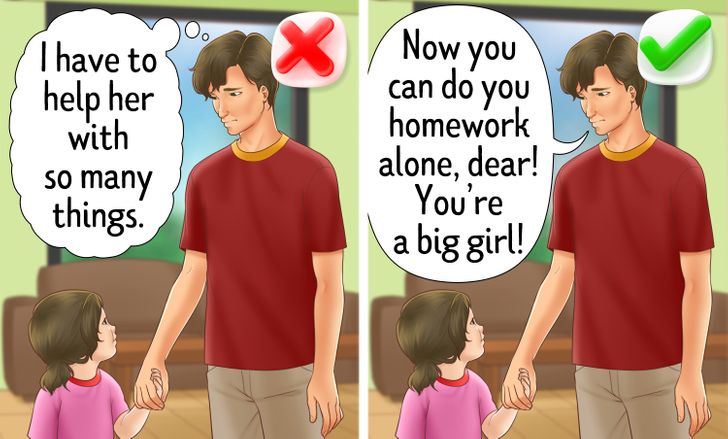
By delegating responsibilities to other people, you can reduce the number of decisions on your plate while at the same time stop micromanaging others. Consider your responsibilities in your home life, work, and elsewhere: Managers can delegate some decisions to employees, parents can delegate certain things to children. When done right, delegating can empower people and shows them that you trust them.
5. Set deadlines.
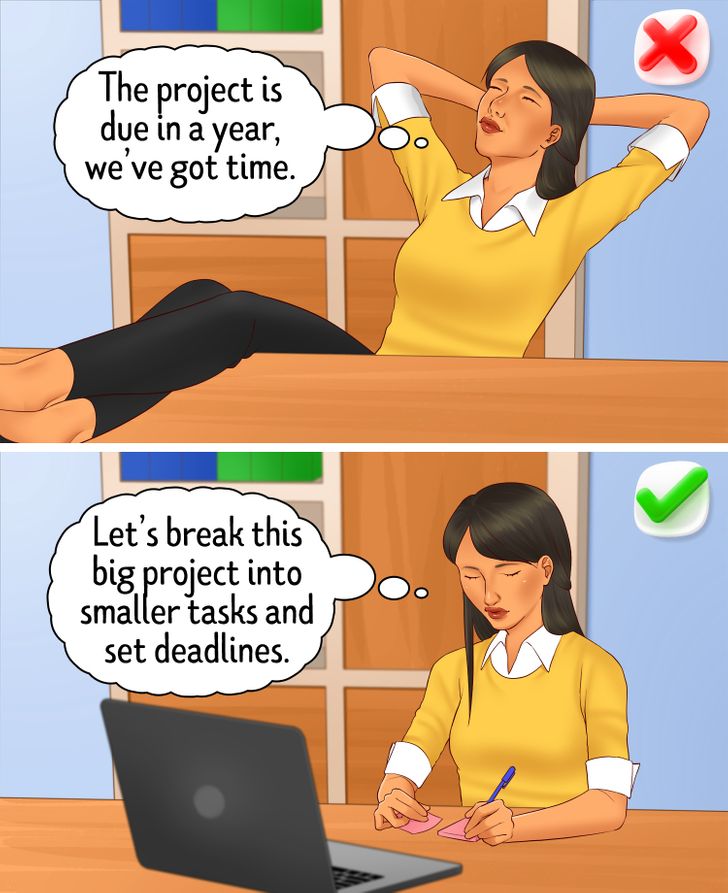
Decision fatigue can often occur toward the end of a long, complex project that you’ve been working on over weeks, months, or years. After a while you might make snap decisions and bad choices. Creating micro-deadlines that force you to act early can solve this issue.
By setting a deadline, you are telling your brain when it needs to come back to the thought and act. Doing so will free brain space and save you energy to focus on other tasks that need your immediate attention. It’ll also help you not to have to make critical decisions at the last minute. Just make sure to space out these decisions so you’re truly using your best judgment.
6. Take care of your body.
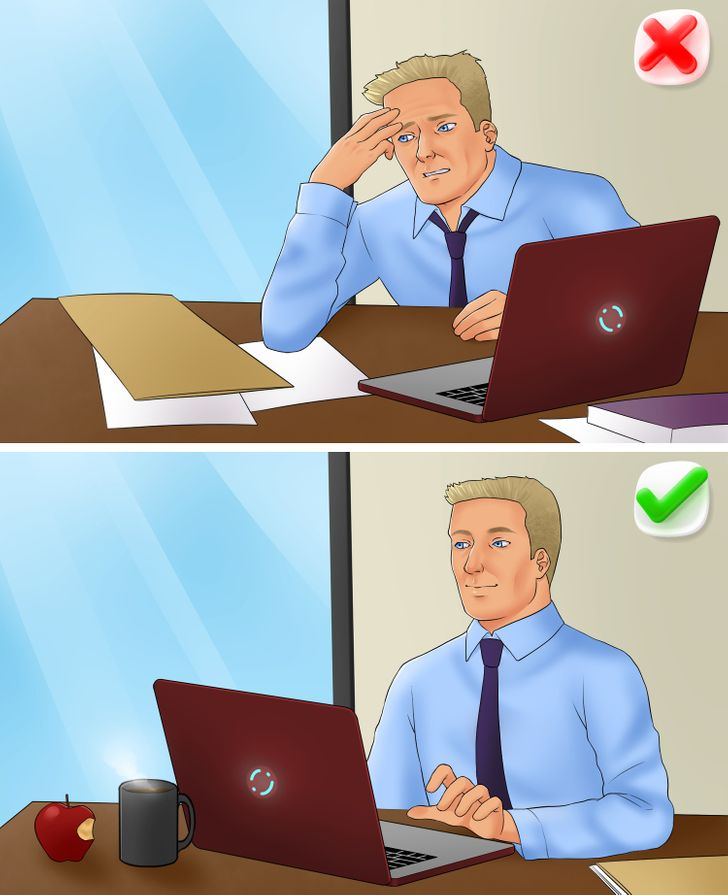
Your physical condition can also affect your mind. Some people might simply make worse or impulsive decisions when tired or hungry. To avoid this you can:
- Take breaks throughout the day: It’s a good way to help you recharge. You might even benefit from taking a short nap to help refresh your brain.
- Eat a healthy snack: When you’re hungry and your glucose levels are low, eating a healthy snack such as a piece of fruit or granola bar can give you the jolt you need to be more productive and to avoid making a wrong decision.
Do you think you’ve suffered from decision fatigue? What did you do to fight it?